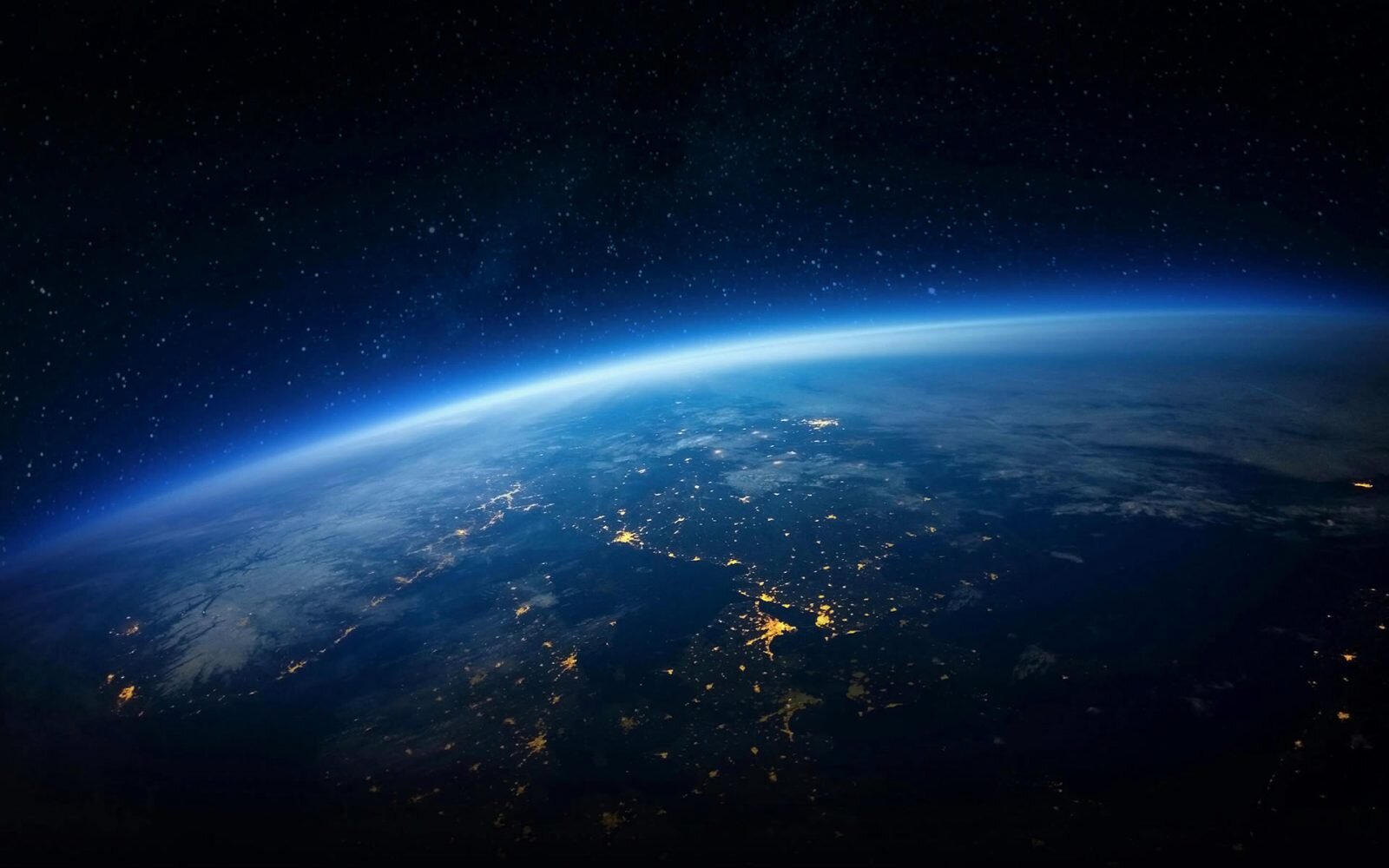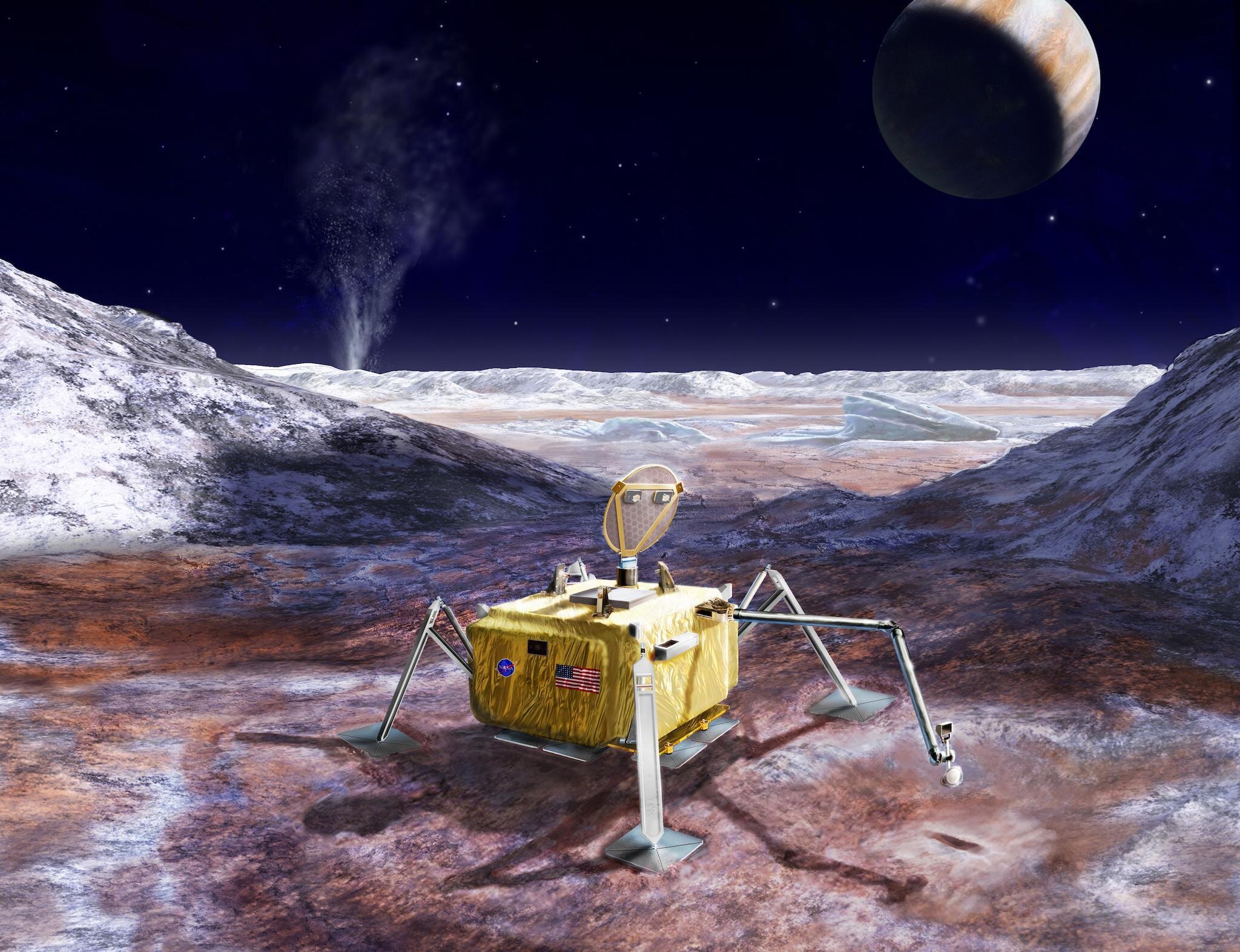Current Courses
EEPS 0050 Mars, Moon, and the Earth
Space exploration has revealed an astonishing array of surface features on the planets and their satellites. Why are atmospheres on the planets different from Earth’s atmosphere? Do other planets represent our past or future environment? Is there life on other planets? The planets and their histories are compared to gain insight and a new perspective on planet Earth.
EEPS 1330 Global Environmental Remote Sensing
Introduction to physical principles of remote sensing across the electromagnetic spectrum and application to the study of Earth’s systems (oceans, atmosphere, and land). Topics: interaction of light with materials, imaging principles and interpretation, methods of data analysis. Laboratory work in digital image analysis, classification, and multi-temporal studies.
EEPS 2400 Life Beyond Earth
This course will explore the questions of What is Life and Where does Life Exist? The course will utilize peer-reviewed literature and textbook excerpts to understand the basic, fundamental components of life on Earth to understand the conditions and environments that are conducive to the emergence and persistence of life on other worlds. Course topics that will be examined include: the definition and requirements of life, the emergence, persistence, and consequence of life on Earth, life beyond Earth, astrobiology, and the search for extant extraterrestrial life.
Past Courses
GEOL 2330 Advanced Remote Sensing and Geographical Information Systems
Strategies and the physical principles behind the quantitative extraction of geophysical and biophysical measurements from remotely sensed data. Advanced methods of digital image processing and data integration. Introduction to Geographical Imaging Systems (GIS) and methods of integrating remotely sensed data into a GIS framework.
GEOL 2910 Planetary Crusts
What are planetary crusts? How do they form? What mineralogic, petrologic, and structural characteristics are shared among the terrestrial planets, moons and asteroids and what ones are unique to a single body? We will examine the characteristics of crusts of the terrestrial planets, the Moon, Vesta, Ceres and several satellites of the giant planets. We will explore questions such as when and how do planets and moons develop primary crusts? How have they been characterized (samples, remote sensing, and in-situ)? What are the major processes that affect planetary crusts and their formation,? We will consider new data from MESSENGER for Mercury, MER and MSL data for Mars, and Dawn for Vesta, as well as well accepted older data for the other planets and moons.
GEOL 0160C Global Environmental Change
Examination of evidence that supports or refutes various perspectives on global environmental change, with a foundation in the principles that govern the fundamental underlying processes. Example topics include climate change (warming, cooling, neutral), population growth (how many, how fast), and loss of natural resources (diversity). Topics explored through selected readings from the natural and social sciences. Enrollment limited to 20 first year students. FYS.


